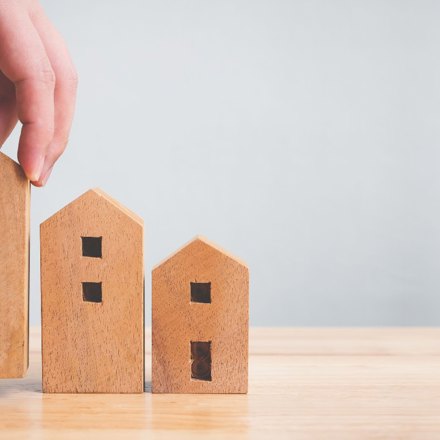When it comes to owning rental property, understanding depreciation can be one of the best ways to reduce your tax burden. But what exactly is depreciation, and how do you claim it on your rental property? Let’s break it down so you can maximise your deductions and keep more money in your pocket.
What Is Depreciation?
In simple terms, depreciation refers to the reduction in value of an asset over time. For rental properties, this often means the wear and tear of items like appliances, furniture, and other fittings in the property. As these items age, their value decreases, and you can claim depreciation on them as a tax deduction.
But here’s the thing: not everything in your rental property qualifies for depreciation. The land and the building itself no longer qualify for depreciation claims, but certain assets, such as chattels, can.
What Can You Depreciate?
Chattels are items within your property that are not part of the building itself. This includes things like appliances, bedding, curtains, furniture, cutlery, and even mailboxes.
These items are subject to depreciation because they wear out and lose value over time.
To claim depreciation on these items, you’ll need to identify the cost of each chattel. If you’ve recently purchased a new item, this is straightforward: just check the price tag. But for existing items, determining the cost can be more complicated.
How to Value Existing Chattels
When you buy a rental property, you are typically purchasing a range of chattels like carpets, stoves, and light fixtures. The tricky part is figuring out how to value these items for depreciation purposes. You could try to research the market value of each item on your own, but this might not result in the maximum possible deductions. The smarter choice for many property owners is to hire a chattel expert. This can be a accounting firm or a property depreciation expert and will assess the value of each chattel and provide a breakdown, including the depreciation rates set by IRD. While hiring an expert will cost a few hundred dollars, it can ensure that you’re claiming the highest depreciation possible, which may well outweigh the cost of the valuation.
Also, using a professional will reduce your risk of penalties in the case of an audit. Their expertise will give you peace of mind knowing that your claims are accurate and fully compliant with tax laws.
When Is It Worth Getting a Chattel Valuation?
In some cases, it may not be worth the investment to get a professional chattel valuation. But for newer or higher-value properties, a valuation can make a big difference. If you’ve recently purchased a property, it’s wise to get the valuation done within six months of purchase and before you submit your tax return.
Claiming depreciation on rental properties is a powerful tool to reduce your tax bill. While the process can seem complex, understanding which items qualify and how to accurately value them can make a big difference in your overall deductions. Whether you choose to do it yourself or hire an expert, the key is to ensure you're getting the maximum benefit from your property’s depreciable assets.
By making the most of depreciation claims, you can improve your cash flow and potentially save a significant amount on taxes each year. It’s one of the best ways to ensure your rental property investment is working for you.
Disclaimer: This article is not intended to constitute legal, financial or investment advice and does not take your individual circumstances and financial situation into account.




